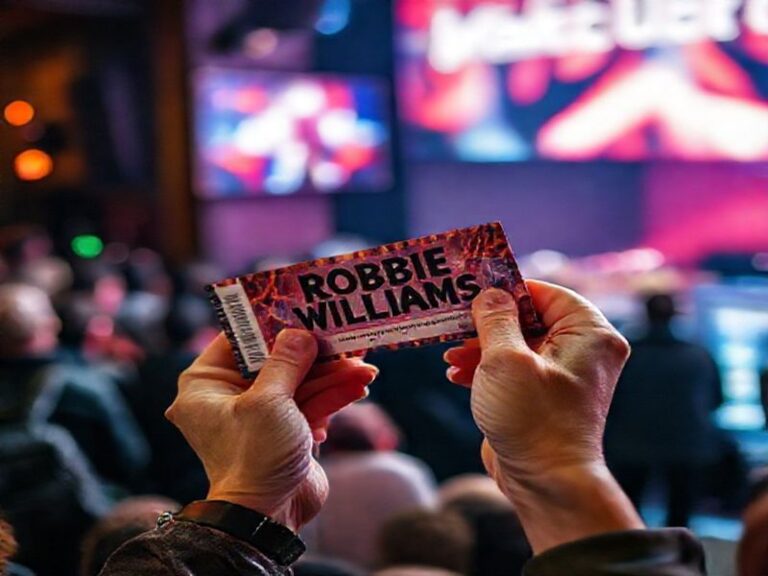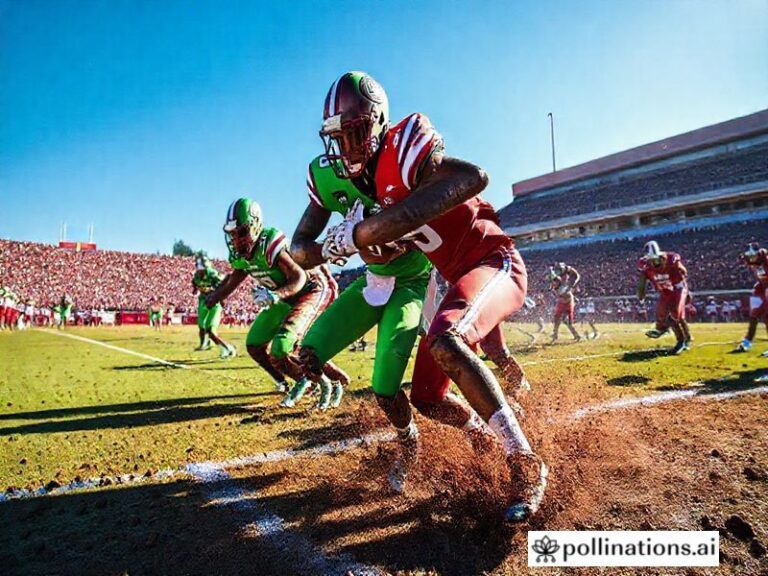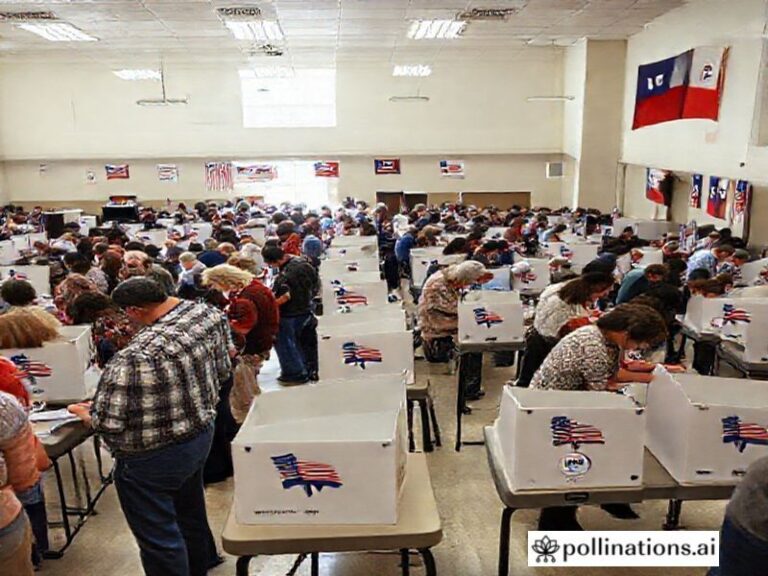How a Tiny English Football Club Became the World’s Most Absurd Geopolitical Battlefield
**THE CHIEFS OF THORNTON: HOW A SUBURBAN FOOTBALL CLUB BECAME THE WORLD’S MOST IMPROBABLE GEOPOLITICAL METAPHOR**
The Thornton Chiefs, for those blessedly unfamiliar with the particulars of English non-league football, are a semi-professional club whose greatest achievement—until recently—was existing in that peculiar purgatory of British suburban life where ambition goes to drink itself into oblivion. But somewhere between Brexit’s slow-motion train wreck and the global pandemic’s greatest hits collection, these unlikely lads from Greater Manchester have somehow become a Rorschach test for our collective geopolitical neuroses.
What began as a modest football club founded by local factory workers in 1973 has metastasized into something far more significant: a perfect encapsulation of how the world’s remaining superpowers have learned to conduct their proxy wars through the most absurdly mundane channels imaginable. When the Chiefs unexpectedly qualified for the FA Cup’s first round proper last autumn—imagine the Jamaican bobsled team winning Olympic gold, but with more rain and worse catering—it triggered a cascade of international interest that would have been comical if it weren’t so thoroughly depressing.
The Americans arrived first, naturally, armed with analytics and the kind of evangelical enthusiasm that makes everyone else check their wallets. A consortium of Silicon Valley investors saw in Thornton the “next undervalued asset class,” which is venture capitalist speak for “we’ve run out of actual ideas.” They were followed closely by Qatari interests who apparently decided that owning PSG simply wasn’t enough Middle Eastern influence over European football. The Chinese came bearing gifts of infrastructure investment, because nothing says “soft power” like a new stand for 847 spectators and a halftime pie that doesn’t taste like regret.
Within months, the Chiefs’ humble ground became a diplomatic chessboard where representatives from nations that couldn’t agree on climate change found common ground in arguing over seating arrangements. The club’s Twitter following exploded from 847 devoted locals to 2.3 million bots, trolls, and defense contractors conducting industrial espionage through the time-honored tradition of pretending to care about lower-league English football.
The transfer window transformed into something resembling a UN Security Council meeting, if the Security Council were staffed entirely by people who’d failed their FIFA agent licensing exams. When Thornton somehow signed a North Korean midfielder—officially listed as “unattached” but rumored to have been unattached from a Pyongyang labor camp—the geopolitical implications became impossible to ignore. The deal was brokered by a Swiss intermediary because, naturally, the Swiss would involve themselves in anything that required maintaining neutrality while profiting handsomely.
International broadcasters now descend upon Thornton’s modest ground, where the tea hut serves as an impromptu press center and the local pub has installed bulletproof glass—not for security, but because the regulars kept throwing pint glasses at the television whenever Gary Neville appeared to explain “what this means for the community.”
The broader significance lies not in football itself, but in how thoroughly we’ve normalized the absurd. That a club whose annual budget previously couldn’t finance a London parking space now finds itself at the center of international power plays suggests we’ve collectively decided that traditional diplomacy was simply too straightforward. Why conduct foreign policy through embassies when you can do it through a left-back from Tajikistan?
As the Chiefs prepare for another season of what locals darkly refer to as “the invasion,” one can’t help but marvel at how perfectly this suburban football club reflects our global moment: thoroughly compromised, inexplicably significant, and somehow both completely meaningless and the most important thing happening anywhere. The beautiful game, indeed.







